The Maharashtra State Cabinet has approved a redevelopment plan for the government colony in Bandra (East). This colony, built between 1958 and 1973, has long served as accommodation for first-class to fourth-class state officers and employees, but many of its buildings have now fallen into a dangerous state of disrepair. The decision was made during a cabinet meeting chaired by Chief Minister Eknath Shinde, with the goal of ensuring safe and modern housing for the occupants.
The colony, which spans 90 acres, comprises 4,782 flats that have housed government employees for decades. Unfortunately, as many as 169 buildings within the colony are now considered dangerous, with 68 of these classified as "super-dangerous." These buildings, due to their deteriorated condition, pose significant safety risks to the current occupants. In light of these concerns, the cabinet has taken decisive action to vacate the buildings in phases, ensuring that employees are temporarily housed in service accommodation provided through a lottery system until the redevelopment is complete.
A high-level committee Chaired by Chief Secretary Sujata Saunik will oversee the redevelopment process. The committee will handle critical decisions such as identifying the new locations for housing, determining the number of government employees eligible for the new accommodations, and finalizing other necessary procedures for the redevelopment. The objective is to ensure a smooth transition for employees while enhancing the living conditions for government workers.
In parallel, construction has already begun on 12 new buildings within the colony to replace the dangerous structures. Among these, one building will be allocated to the Savitribai Phule Government Hostel, reflecting the government’s intention to support educational institutions while providing much-needed housing. The construction of these new buildings represents a major step forward in addressing the acute housing challenges that have plagued the colony for years.
Another key aspect of the cabinet’s decision includes earmarking 30 acres of the colony's land for the construction of a new Bombay High Court complex. The foundation stone for this project was laid last month by Chief Justice of India, D.Y. Chandrachud, highlighting the judiciary's growing need for enhanced infrastructure. Of the 30 acres designated for the new complex, 4.3 acres have already been handed over to the high court, with the remainder of the land to be transferred in phases as construction progresses.
The new high court complex will boast world-class infrastructure, providing modern courtrooms, chambers for judges and registry personnel, an arbitration and mediation center, an auditorium, and a library. The complex will also include essential amenities for lawyers, staff, and litigants, reflecting the growing importance of creating a conducive environment for the efficient functioning of the judiciary. This move is seen as a long-overdue response to the increasing demands placed on the legal system in Mumbai, with the new complex set to meet the city's current and future judicial needs.
While the primary focus of the redevelopment is the government colony and high court complex, the cabinet also approved a separate proposal during the same meeting, which involves renaming infrastructure in Pune. The subway and flyover on the Katraj-Kondhwa stretch of the national highway will now be named after Balasaheb Deoras, the third Sarsanghchalak of the Rashtriya Swayamsevak Sangh (RSS). The proposal, originally submitted by the Pune Municipal Corporation in collaboration with the Pune Medical Services and Research Foundation, sought to honor Deoras' contributions to the nation. By naming these key infrastructure elements after Deoras, the government aims to commemorate his legacy and his lasting impact on Maharashtra and the broader Indian society.
The redevelopment of the Bandra government colony is an essential move, given the deteriorating conditions many state employees have been living in. For years, government workers have been housed in outdated and increasingly unsafe buildings, with no substantial improvements in sight. Now, with the approval of this redevelopment plan, they can look forward to improved living standards in modern, well-equipped housing. Additionally, the allocation of a portion of the colony’s land for the new high court complex represents a strategic decision that addresses the judiciary's urgent need for upgraded infrastructure.
Image source- facebook.com

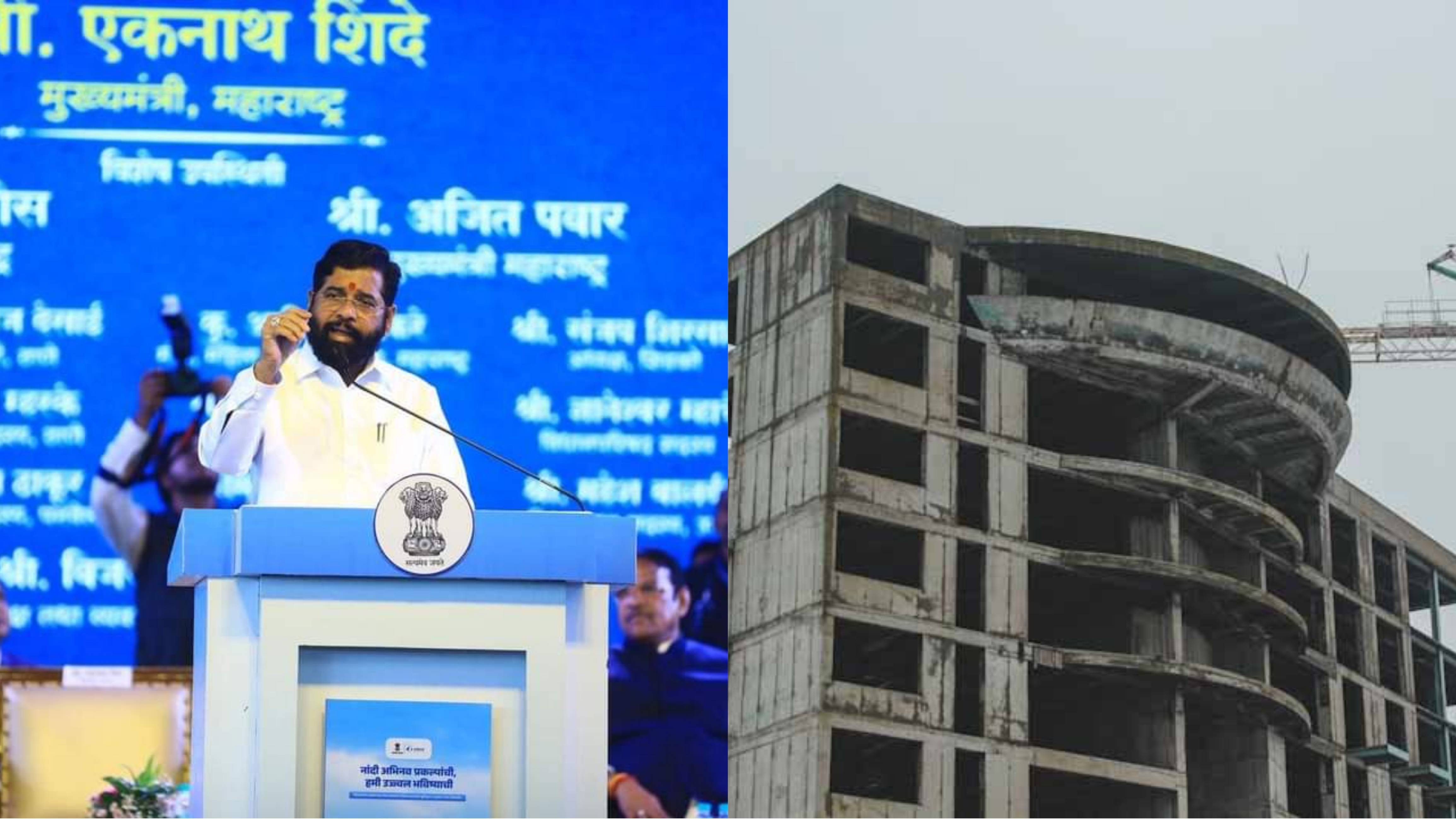

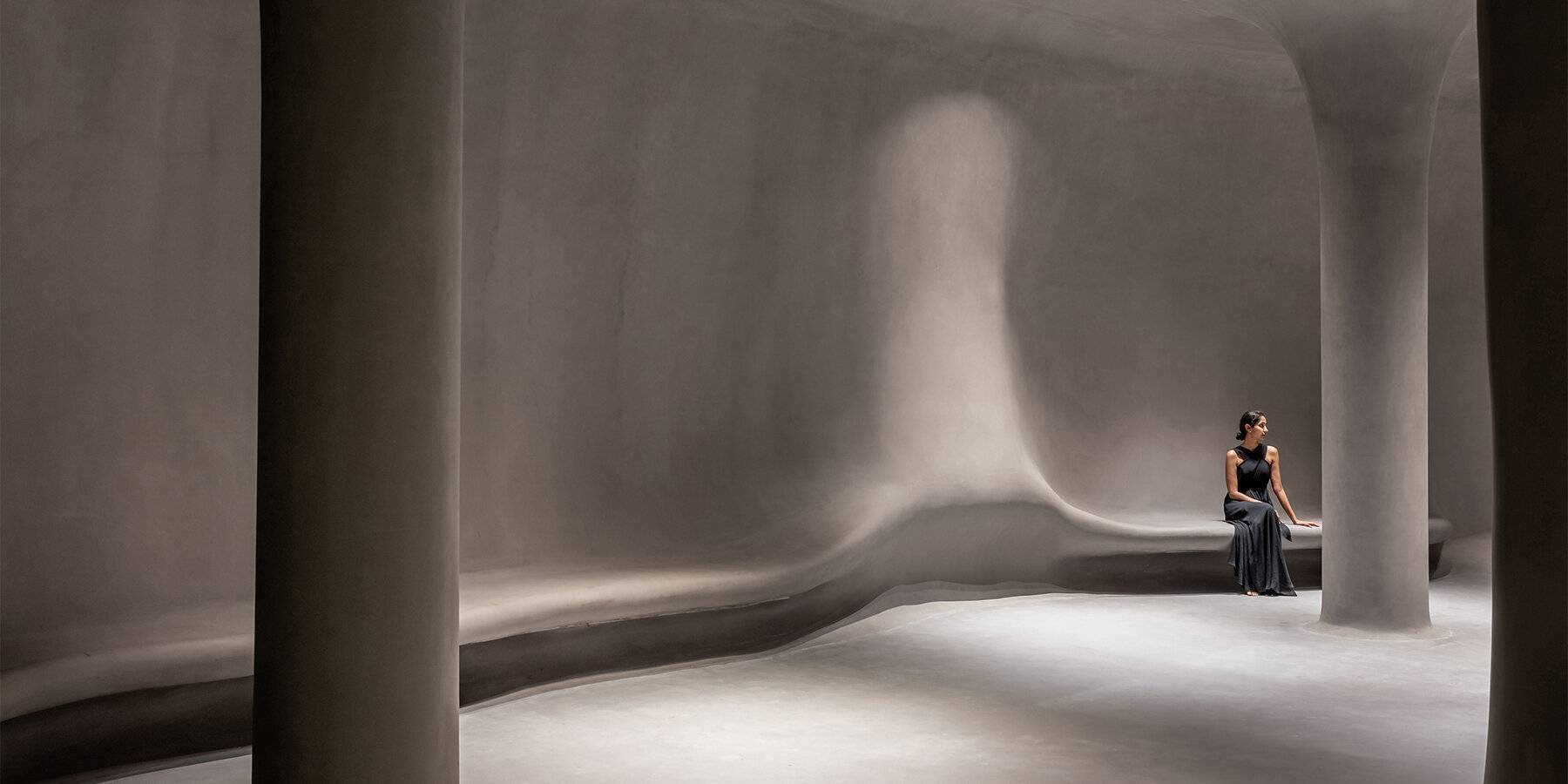

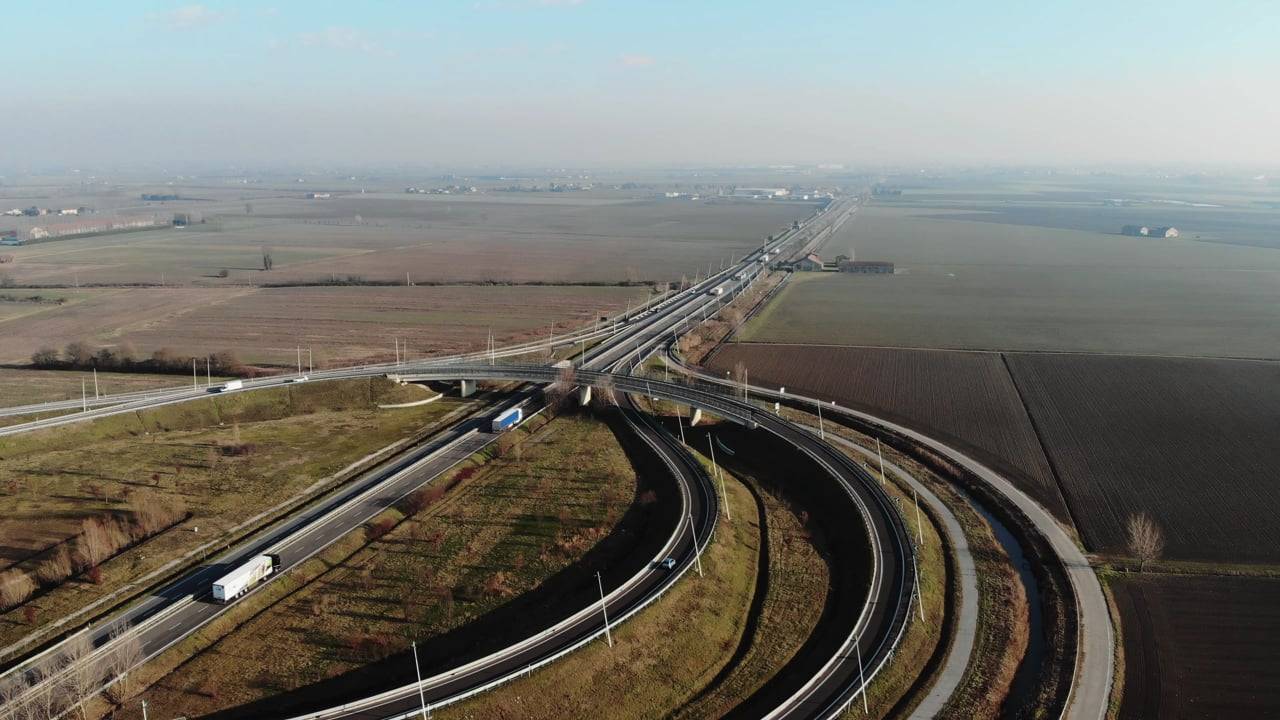

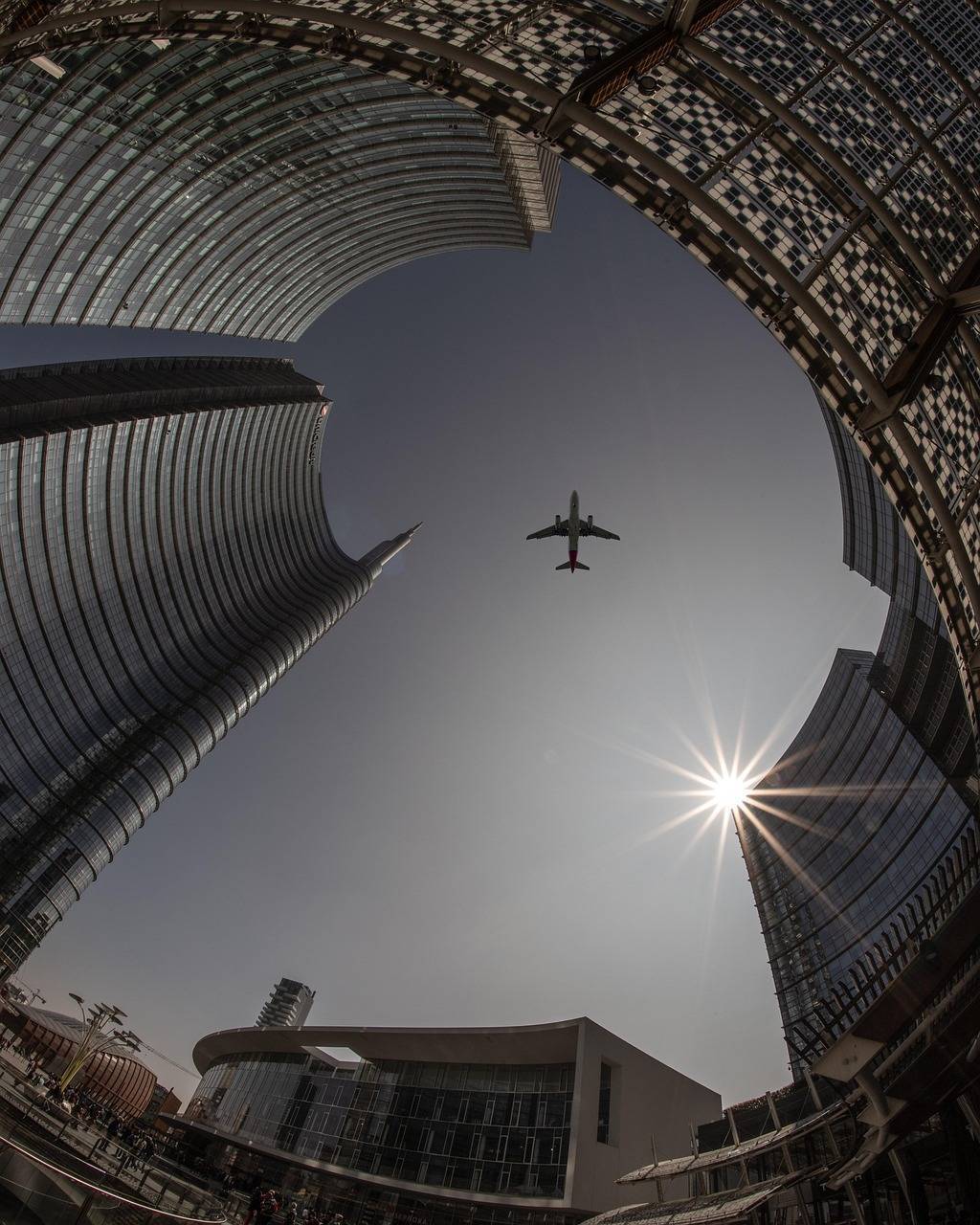
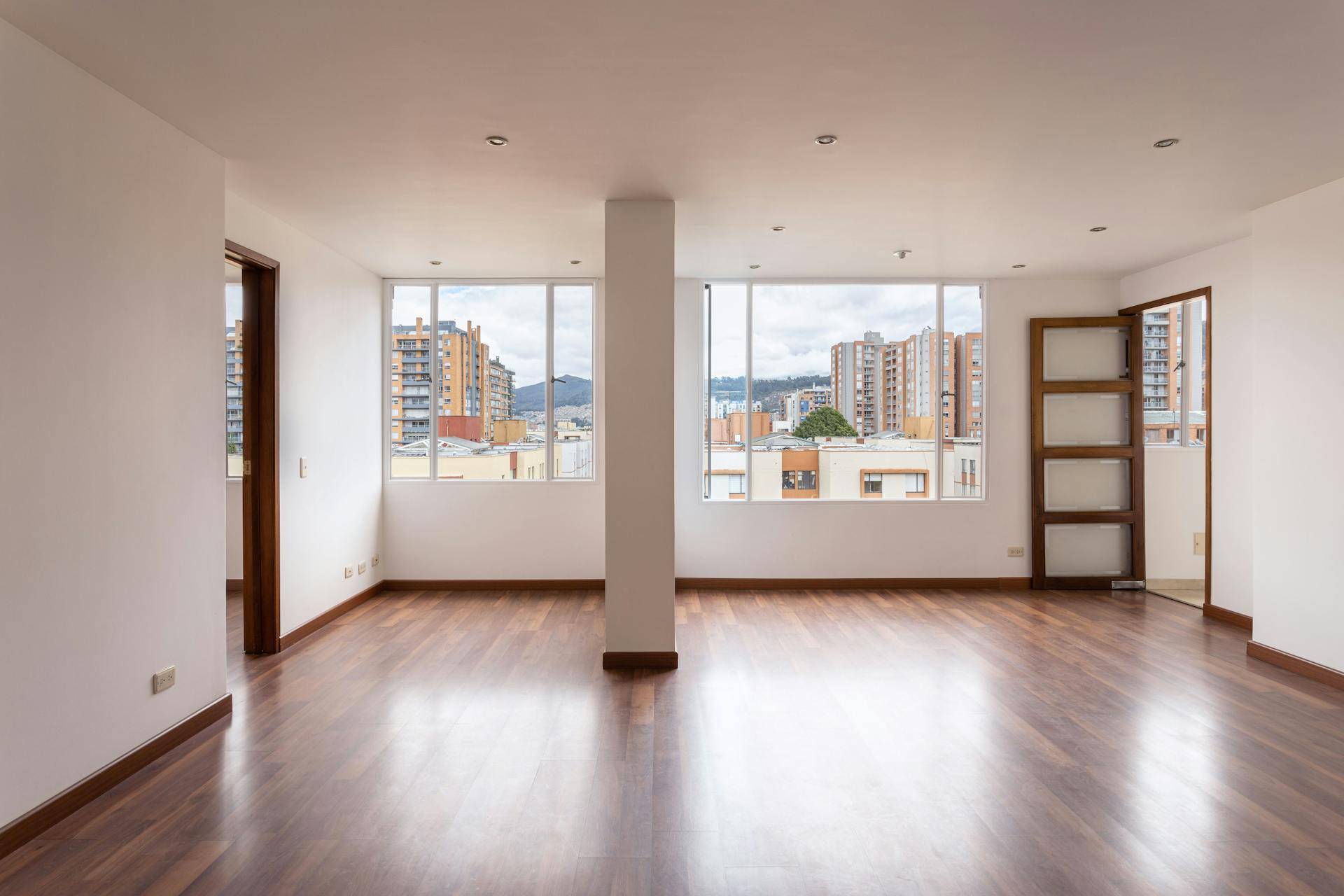
.png)